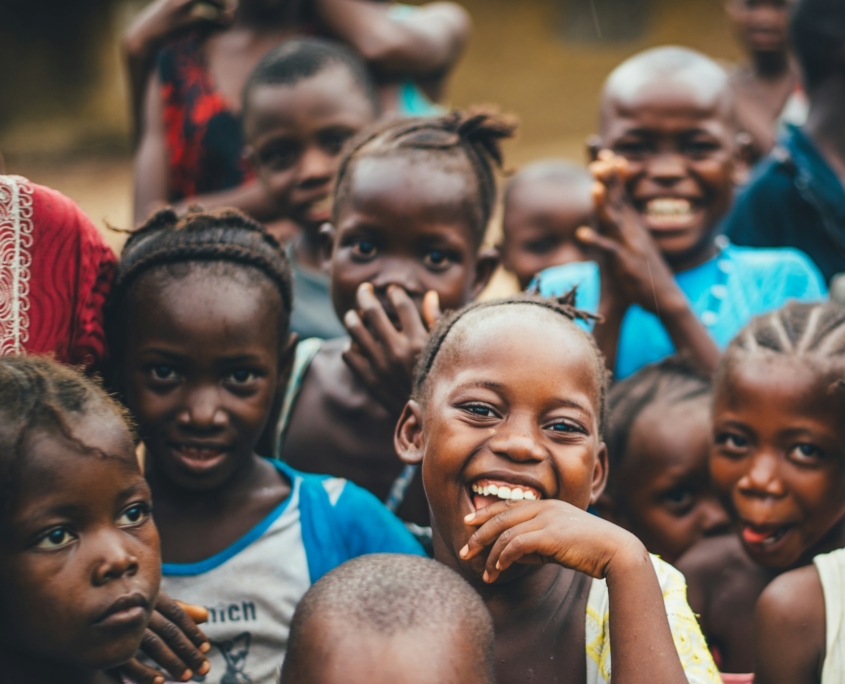Improving Chad’s Air Quality
 The Republic of Chad, an independent nation in Central Africa, is landlocked by Niger, Libya, Sudan, South Sudan, the Central African Republic, Cameroon and Nigeria. With a population of approximately 17.7 million, according to the World Bank, Chad suffers from some of the world’s worst air quality. Several factors contribute to the country’s poor air conditions, significantly impacting children with respiratory infections. Nevertheless, Chad is implementing measures to enhance its air quality and improve the lives of its citizens.
The Republic of Chad, an independent nation in Central Africa, is landlocked by Niger, Libya, Sudan, South Sudan, the Central African Republic, Cameroon and Nigeria. With a population of approximately 17.7 million, according to the World Bank, Chad suffers from some of the world’s worst air quality. Several factors contribute to the country’s poor air conditions, significantly impacting children with respiratory infections. Nevertheless, Chad is implementing measures to enhance its air quality and improve the lives of its citizens.
Factors Contributing to Air Pollution in Chad
Air pollution is when the air is contaminated by particles, gas and chemicals that are harmful when breathed in and cause respiratory illnesses. Chad is one of the worst in the world because according to the World Health Organization (WHO), it measured to be 17 times higher than the acceptable limit, making the country dangerous to breathe in.
The factors contributing to Chad’s poor air pollution include indoor sources such as stoves but also uncontrolled waste burning, textile, oil, meatpacking industries and vehicle emissions.
The electricity in Chad is also generated from 90% fossil fuel, which is another cause of air pollution, as well as the Bodele Depression. Located south of the Sahara Desert in north-central Africa, it is one of the largest sources of airborne dust, which brings large dust clouds to the region.
Bad quality air affects everyone in Chad, but it is especially dangerous to those who live in urban cities such as N’Djamena, Chad’s capital. It affects those in poverty-stricken areas more often as they live closer to the factories and other pollution-causing sources and don’t have the means to protect themselves from the air. The most vulnerable groups affected by air pollution are the elderly, children and pregnant women.
Health Impacts of Poor Air Quality
Air pollution can not only lead to respiratory disease, but it can also cause strokes, lung cancer and heart disease. In the worst cases, it can even cause death. In 2017, an estimated 13,329 Chadians died with association from air pollution, with more than 7,000 of those deaths being young children with respiratory infections.
According to the State of Global Air, air pollution is the third-leading risk of death or disability in Chad as of 2017, trailing behind sanitation and malnutrition. Additionally, Chadians lose 2 years and 11 months in life expectancy at birth due to air pollution.
Initiatives to Improve Air Quality
There are some initiatives in place to combat this rampant air pollution in Chad. According to a study by UNEP in 2015, it found that the government lacks policies in place to combat pollution. However, this is changing, as Chad is beginning to promote cleaner cooking fuel to reduce indoor air pollution and grid electrification.
The National Poverty Reduction Strategy is also working to make power generation more widespread and cost-efficient, reducing air pollution, as well as other methods of energy like solar and wind. With the United Nations’ support, it implemented waste management in refugee camps and communities such as Sila, Wadi Fira and Salamat, which granted 74% of households proper services.
The Interactive Country Fiches also includes opportunities to implement new policies such as waste management to improve public health rather than burning it. Different factories and industries also require more regulation to better improve the health of all Chadians and beyond.
Looking Ahead
Chad is on a promising path to significantly enhance air quality and public health through targeted environmental initiatives and cleaner energy solutions. By focusing on sustainable practices and improved regulatory frameworks, the nation aims to reduce the burden of air pollution on its most vulnerable citizens. Continued collaboration with international organizations and a commitment to innovative policies could be crucial for improving Chad’s air quality and securing a healthier future for all Chadians.
– Sabrina Betterly
Sabrina Betterly is based in Drums, PA, USA and focuses on Good News and Global Health for The Borgen Project.
Photo: Unsplash
